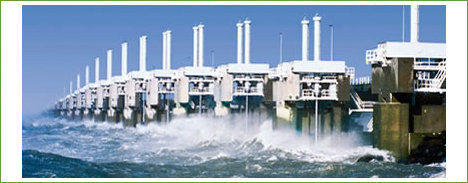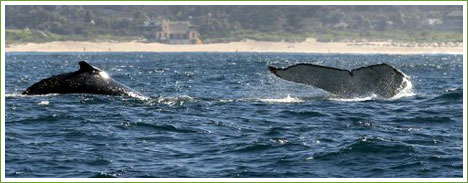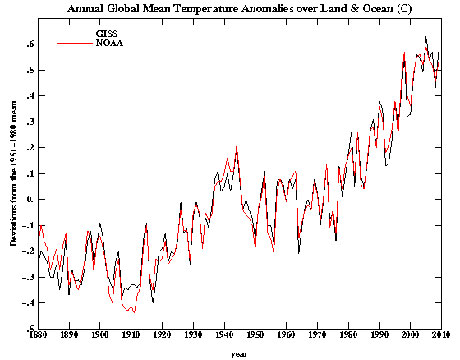Wednesday, April 28, 2010, 12:25 PM
Posted by Administrator
Posted by Administrator

In 1953, the Netherlands, always vulnerable to flooding, suffered a major natural disaster. The North Sea washed over half a million acres of land and killed over 1,800 people on the south-western coast.
To protect future generations from similar harm, the Dutch government embarked on one of the greatest engineering projects in history. Over the following decades, engineers constructed a flood defence system of dams, sluices, locks, dykes and storm surge barriers. The Delta Works basically shortened the Dutch coast line and turned sea estuaries into freshwater lakes.
Earlier this month, a committee comprised of representatives of all involved levels of government presented a report outlining the possible future of the south-western part of the Netherlands, a delta of estuaries, islands and peninsulas connecting several large rivers to the North Sea.
One possible future being considered is to turn the famous Dutch dikes into tidal power generators. Openings in the series of dikes would provide ideal locations for tidal power plants.
Opening water locks would also allow the tide to return to now stagnant waters, the report stated. This would be a boon to nature, because certain plants and animals, which have all but disappeared since the estuaries were closed off, can return.
Salt water has advanced far in some places, largely because of the constant dredging in the port of Rotterdam. It may improve nature to allow salt water back in the estuaries of the delta now, but the growing shortage of fresh water caused by climate change needs to be taken into account. The problem seems not so much a lack of drinking water as such, but the locations at which it can be found. "We have plenty, but we need more storage capacity," Kuijken said. "We have grown so dependent on the availability of fresh water here in the Netherlands that it would be economic suicide to change that. Fresh water is the fuel powering our economy."



 Calendar
Calendar




